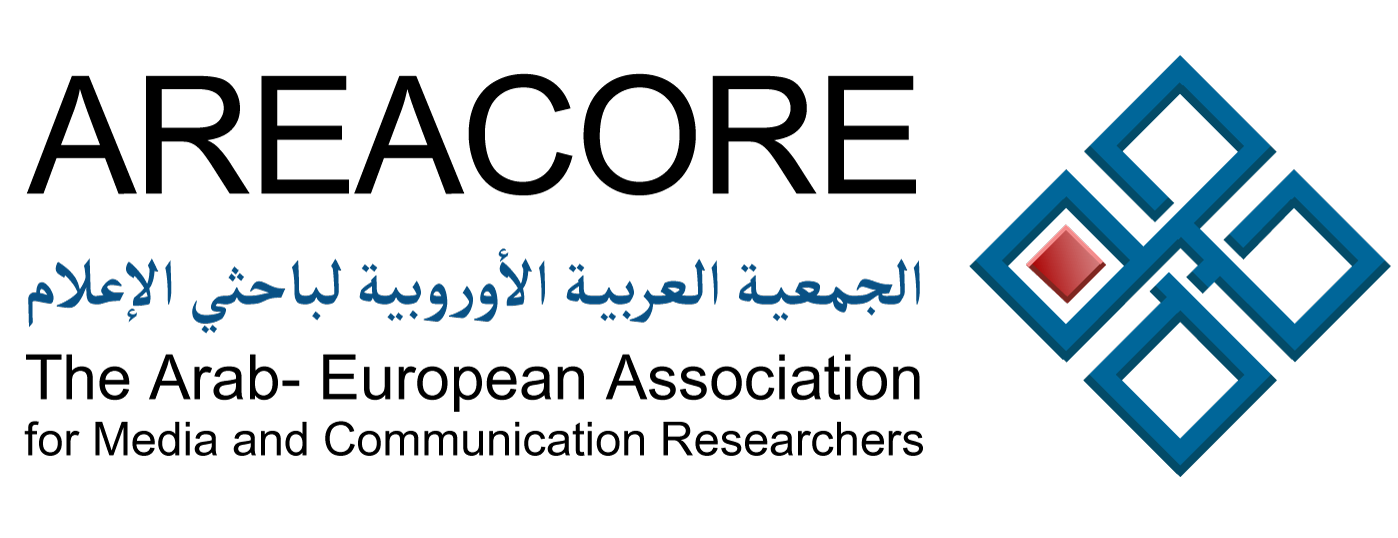A film by Hala Al Shwayat, Susanne Hehr and Muna Abu Hamour, 2021
Supervised by: Yasar Durra, Jordan Media Institute
Interview partners:
- Basim Al Tweissi as a media expert
- Bayan Al Tal from Jordan Media Institute
Free media is the vector of democracy. Free media guarantees transparency, justice and development. It ensures that citizens are fully informed, encouraging them to get politically involved. Freedom of information is based on the public’s right to know. Free media nurtures a stronger democracy, less abuse of power, less corruption.
Media – if it isn’t independent and free – weakens democracy. As witnessed throughout the history of mankind. Subservient media leads to chaos, civil war and dictatorship.
Fortunately this is not the case in Jordan.
In 2020 Jordan ranked 128th in the World Press freedom Index. Out of 180 countries in the world. The report stated that “journalists are subject to close surveillance by the intelligence services and must be affiliated with the state-controlled Jordanian Press Association”. Furthermore, the government introduced a cyber-crime law in 2015, where online articles and postings on social media by citizen-journalists can lead to imprisonment.
So what about media independence in Jordan? In what ways is the independence of the media compromised by the government interest in the media ?
- How does media ownership in Jordan work? How did the media status in Jordan get to where it is today?
- How does media ownership influence journalist’s work?
- An examples of how media ownership has consequences of the freedom of media and the journalist work.
- What are the hopes for the media in Jordan?
There are two categories of media ownership in Jordan – – public ownership and private ownership. . the first impression one gets is that there is diversity of owners, At close examination of this ownership reveals that the government is a major stake holder, in most major media outlets.
From total ownership of Jordan Radio and Television Corporation to monopoly of the only two terrestrial channels, add to that, three satellite channels, and a national news agency. In the newspaper sector, the government is the major shareholder in three out of seven daily newspapers. It owns 55% of their share through the Social Security Corporation.
In 2007 Jordan introduced a new law “the Law guaranteeing the right of Access to Information” it stated that, Every Jordanian has the right to obtain the information he/she requires in accordance with the provisions of this Law, if he/she has a lawful interest or a legitimate reason therefor, however journalists and citizens found that there were too many conditions rendering the law to be less effective… there must be a justified interest or justified reason for the information seeker, he/she must be Jordanian, and the decision maker has up to 30 days for responding to the request.
And How can journalists write a story if they don’t have the information?
In March 2020 Jordan declared a state of emergency as the country doubled down on efforts to curb the spread of the coronavirus pandemic, the government announced a total curfew, lasting several weeks, except for emergency and medical workers. Hardship prevailed among the poor who had no savings. Anyone found outside of their home – – could be arrested and face a one-year prison sentence. When Roya TV aired a report showing a crowd of labourers complaining about their inability to work, to earn money, to buy food, the owner of the TV Station Roya and its news director were arrested.
Jordan’s Constitution guarantees freedom of opinion and speech, in addition to freedom of the press and mass media, all within the limits of the law. the modern-day media environment in Jordan is highly government-influenced and is not conducive to freedom of expression needed to strengthen its democracy.
